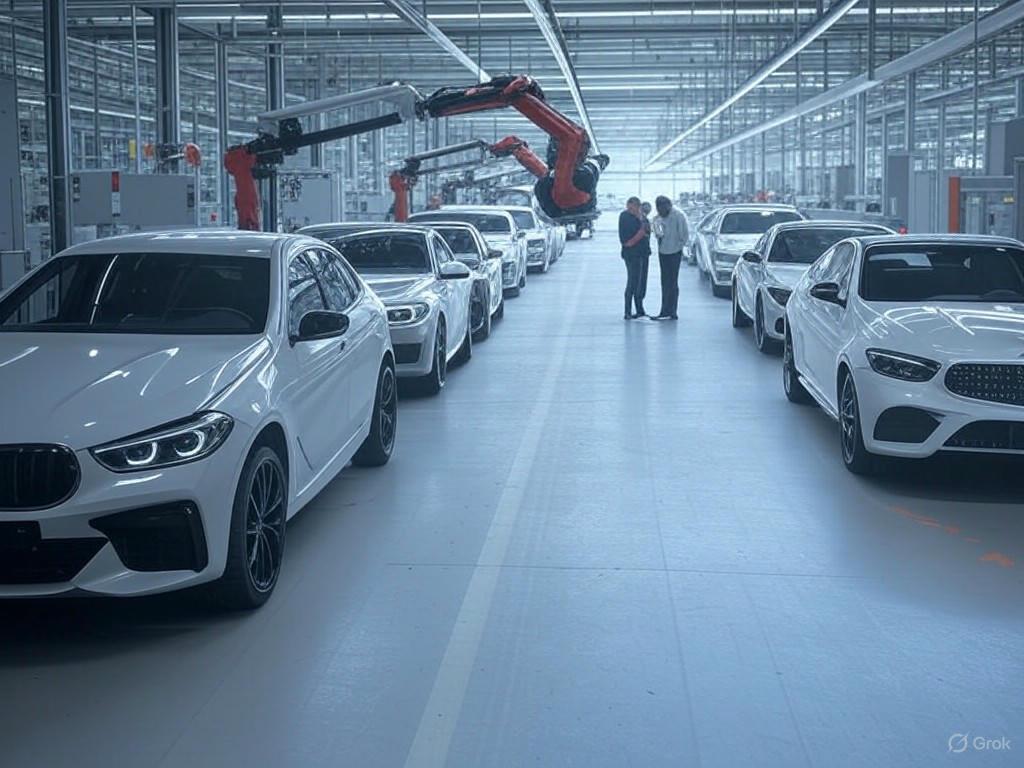The automotive industry stands at the crossroads of US-EU trade tensions, fueled by the imposition of US tariffs on European automotive exports. These tariffs are reshaping the landscape for European manufacturers, impacting both production costs and sales strategies. The European automotive sector, known for brands like BMW and Mercedes-Benz, now faces significant challenges as tariffs affect their profitability in the US market.
For years, the EU has been a major player in automotive exports, with vehicles being one of its top exported commodities to the United States. However, the recent tariffs have amplified the cost of exporting cars to the lucrative US market, which has compelled EU carmakers to rethink their strategies. The tariffs are seen not just as a financial burden but also as potential leverage in broader trade discussions between the two economic powerhouses. These factors contribute to a trade environment fraught with tension and uncertainty [1].
Automotive companies in the EU are examining various avenues to mitigate these costs. Relocating manufacturing facilities to the US is one option being considered to bypass tariffs. Some companies are also exploring more localized production in the US to reduce dependency on European exports. These adjustments, while potentially beneficial in the long term, demand substantial investment and carry risks associated with shifting complex supply chains [2].
The implications of these tariffs extend beyond just corporate strategies. They have sparked political dialogues, with EU leaders emphasizing the need for fair trade practices. The tariffs have also prompted discussions about potential retaliatory actions, which could further complicate international relations. The outcome of these discussions could determine the future dynamics of transatlantic trade partnerships [3].
As negotiations continue, the path forward remains uncertain. EU and US leaders must navigate a delicate balance between protecting their industries and maintaining healthy trade relations. Ultimately, the resolution of these trade tensions will have far-reaching consequences, not just for the automotive industry but for global economic patterns as a whole.
References:
1. EU-US trade: how tariffs could impact Europe
2. Roaring tariffs: The global impact of the 2025 US trade war
